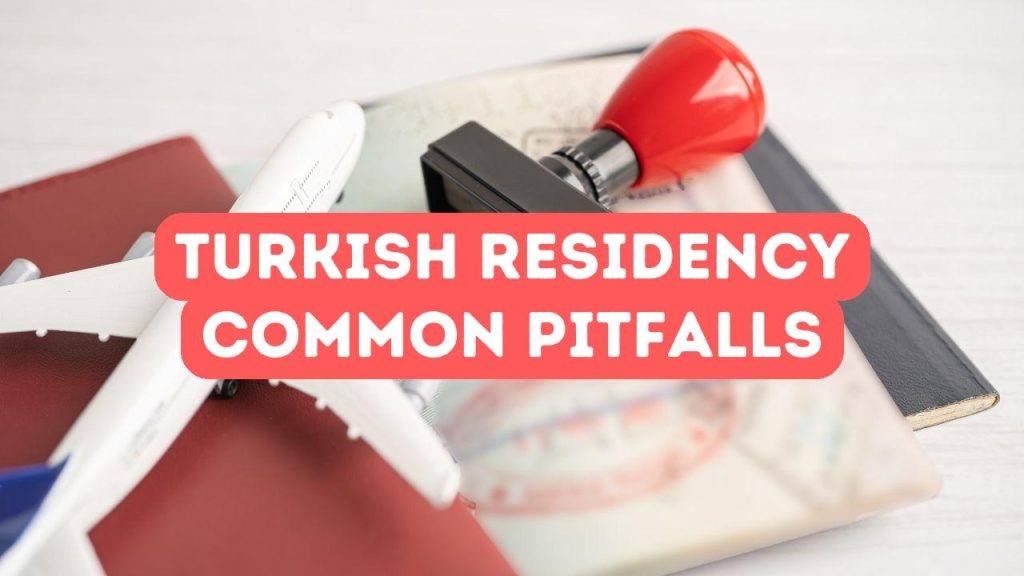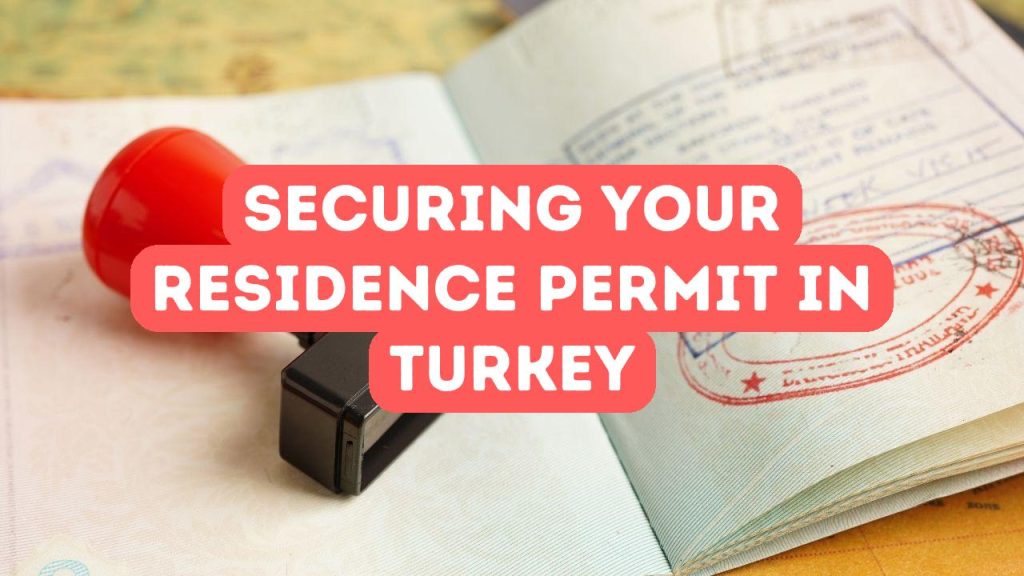Navigating Cultural Nuances: Communication Strategies for Expatriates
In venturing into the heart of Turkey, understanding the myriad cultural nuances is as crucial as grasping the linguistic components of Turkish. For expatriates looking to navigate these subtleties, it’s imperative to develop keen observation skills to decode non-verbal cues that are deeply ingrained in Turkish communication. A firm handshake, direct eye contact, and a warm, inviting gesture can bridge initial gaps where words may fail. Learning to interpret these elements of body language, respect personal space, and employ appropriate greetings can convey respect and openness, facilitating deeper connections with locals. As you observe and mimic these cultural intricacies, you’ll find the barrier between ‘foreign’ and ‘familiar’ gradually crumbles, paving the way for more nuanced and effective interactions, establishing trust and rapport in personal and professional spheres alike.
Beyond mastering body language, expatriates must adopt effective verbal communication strategies. Politeness phrases in Turkish, such as lütfen (please) and teşekkür ederim (thank you), are powerful tools for showing respect and earning goodwill. Diving into everyday language through local Turkish media, such as newspapers, radio, and TV shows, can provide context to the formal and informal registers of speech. For professional settings, understanding the subtleties of honorifics and titles is vital. Meanwhile, engaging in small talk about non-controversial topics like food or football can act as a social lubricant in more casual environments. The key is to listen actively, practicing active empathy, and to not shy away from asking for clarifications – it demonstrates your eagerness to learn and engage with the Turkish culture authentically.
Embracing the Turkish language also means becoming versed in the colloquialisms and idioms that breathe life into everyday conversation. For new arrivals eager to integrate, participating in local events, festivals, and public celebrations can serve as immersive experiences to absorb slang and common expressions. Knowing when and how to humorously self-deprecate, making light of one’s own language learning journey, can endear expatriates to Turkish speakers. It’s important to note that patience from both the learner and the native speakers is a cornerstone of cross-cultural communication. Thus, always approach each interaction with humility and the willingness to learn; your efforts to overcome the language barrier will not only be appreciated but will also open doors to more profound and sincere exchanges, allowing you to truly become part of the community’s vibrant social fabric.
Mastering Local Etiquette: Essential Guidelines for Foreigners in Turkey
Understanding and adhering to local etiquette is a vital facet of the language learning journey that paves the way for deeper cultural integration. In Turkey, where customs and traditions are interwoven with everyday interactions, it’s important to grasp the subtleties of social conduct. A simple yet profound starting point is the use of polite expressions such as lütfen (please) and teşekkür ederim (thank you), which can significantly enhance the reception you receive in day-to-day conversations. Acknowledging the hierarchical nature of Turkish society, always show respect to elders by using appropriate titles and gestures, such as standing up when they enter the room or kissing their hand and bringing it to your forehead as a mark of reverence among the more traditional or rural areas. Mastering these nuances will not only create a positive impression but will also bridge the gap between being viewed as an outsider and being accepted as someone who honors and values the Turkish way of life.
Expanding upon the basics of polite speech, non-Turkish speakers should strive to learn and employ phrases that show interest and respect in Turkish culture. Engage with locals by asking about their well-being with Nasılsınız? or expressing admiration for Turkish cuisine and heritage. Comprehending the body language and non-verbal cues prevalent in Turkish communication also plays an integral role. For instance, Turks might indicate no by slightly lifting their chin upwards, while a downwards nod often signifies yes. Moreover, mindful observation of public behavior can provide invaluable insights: Public displays of affection are less commonplace, conversations tend to be closer in proximity, and direct eye contact denotes confidence and sincerity. By honing in on these cultural specificities, foreigners will not only convey respect but will also diminish the potential for misunderstandings and establish a more authentic connection with the Turkish people.
In addition to verbal expressions and body language, understanding the significance of communal events and religious practices in Turkey can further dismantle the barriers of communication. Participating in and celebrating events like Ramadan Bayramı or Kurban Bayramı with local neighbors can display a genuine respect for Turkish traditions. It is also important to be aware of and sensitive to behavioral norms during these times—such as fasting, abstaining from loud music, and dressing modestly. By doing so, foreigners not only show solidarity with Turkish values but also open doors to heartfelt interactions and deeper bonds. Learning to partake in these societal rituals without overstepping cultural lines signifies more than just linguistic prowess; it suggests a sincere effort to embrace the Turkish ethos, fostering an environment where language barriers gradually dissolve and enriching cross-cultural dialogue thrives.
Bridging the Conversation Gap: Effective Language Tools for New Arrivals
Embarking on your Turkish journey, it’s pivotal to arm yourself with effective language tools that serve as your bridge over the conversation gap. Language learning apps specifically tailored for Turkish, such as Duolingo or Babbel, offer structured lessons that cater to various proficiency levels and can be accessed anytime. For newcomers eager to delve into day-to-day conversations, phrasebooks and mobile translation apps like Google Translate or Tureng become indispensable companions, offering immediate assistance during market haggles or café orders. Traditional methods such as flashcards, language exchanges with locals, and labeling household items with their Turkish names can also enhance vocabulary retention and pronunciation skills. By integrating these tools into your daily routine, you establish a consistent learning environment that transforms every interaction into an opportunity to improve and engage with the enchanting Turkish language.
In addition to digital resources, immersing yourself in the Turkish language through local media is a potent tool for cultural and linguistic acclimatization. Tuning in to Turkish radio shows, watching local TV series, or following Turkish influencers on social media can significantly aid in getting accustomed to the speed and cadence of native speakers. This exposure not only familiarizes you with colloquial phrases and everyday slang but also gives insights into contemporary Turkish culture and societal norms. Moreover, subscribing to Turkish news outlets or reading children’s books in Turkish might seem simplistic, but both serve as practical methods for understanding grammar structures and expanding your vocabulary in context. Engage actively by listening to the language being used effortlessly – mimicry and repetition are advantageous strategies for developing an ear for Turkish and enhancing your speaking fluency.
Finally, it’s essential to take the plunge and participate actively in the local community. Attending language meetups, enrolling in Turkish courses at a university or language institute, or even volunteering in community projects can offer you rich linguistic immersion experiences. Such interactions not only bolster your language skills but also provide fertile ground for networking and forging friendships with native speakers who are often eager to help you practice. Remember, making mistakes is a natural and necessary part of the learning process. Do not shy away from conversations for fear of errors; instead, embrace every speaking opportunity as a step towards fluency. By engaging directly with the culture and its people, you diminish the language barrier, and the once-daunting task of mastering Turkish becomes an enjoyable, integral part of your life in Turkey.






